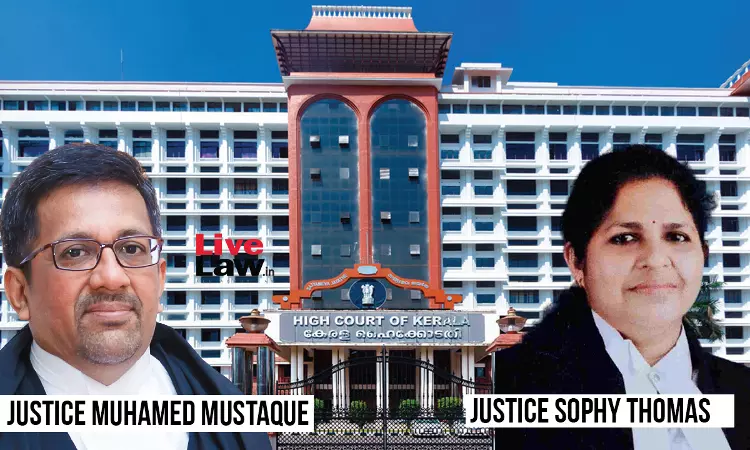State Authorised To Integrate Police Services Unless Unfair To Appointments Made Pre-Integration: Kerala High Court
Hannah M Varghese
3 Aug 2023 9:30 AM IST

Next Story
3 Aug 2023 9:30 AM IST
The Kerala High Court recently affirmed the State's authority to validly integrate different services under the Public Service Commission and held that such integration is usually legally sound as long as it is derived from its source of power.A Division Bench of Justice A. Muhamed Mustaque and Justice Sophy Thomas added that the order of integration can only be challenged if there is a lack...
